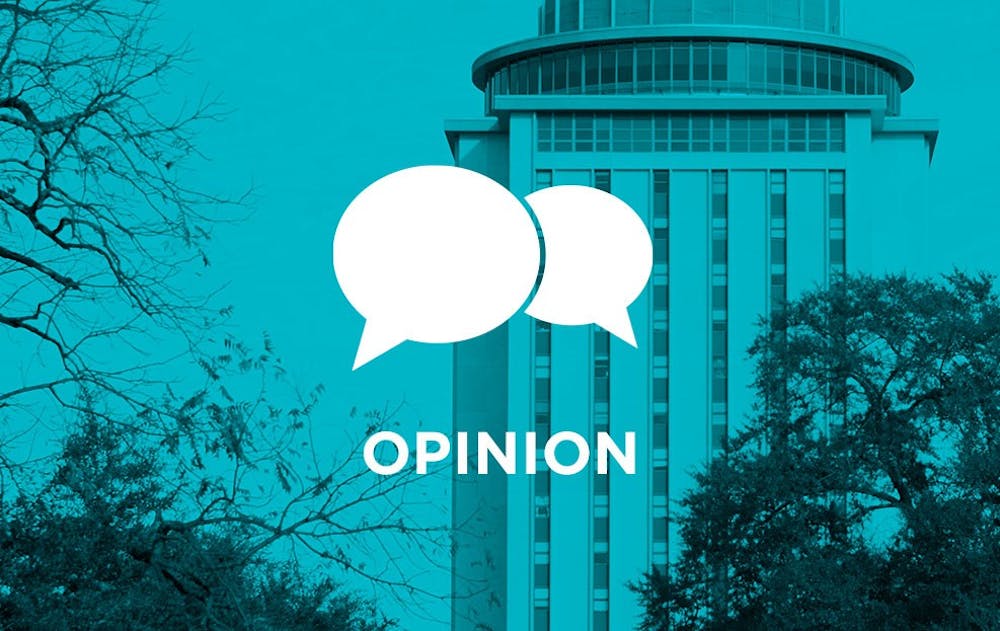Given the nature of the 2016 election season thus far and the personalities of the Republican and Democratic candidates, the American media justifiably predicted that the first presidential debate would draw a record television audience. Those who followed the debate were treated to the usual procedures of televised politics: interruptions, misquoting, fact denying, promise making, question dodging, etc. However, this viewer wonders how many Americans and international viewers paid attention to the scenery that surrounded the presidential hopefuls, especially the candidates’ backdrop? In a noticeable difference from the 2012 debates, each candidate stood in front of large renderings of the second paragraph of Thomas Jefferson’s Declaration of Independence. In the mind of this observer, the rendering of the famous “all men are created equal” clause made little sense for the debate. First, the text was placed behind the candidates, meaning their presence largely obstructed the words and made identifying the document from which they came difficult. Secondly, it challenges viewers to simultaneously contemplate the meaning of the words appearing behind the speaker and the candidate’s own message. It begs the question, why did the powers that be decide to use the text at all?
Clearly, if not for aesthetic purposes, the depiction of Jefferson’s famous words must have been chosen to allude to the democratic history of the United States, its break from monarchical England and its belief in human equality. Even if the viewer was unaware or confused as to exactly which document was being displayed — not far from the realm of possibility given that directly above the candidates was an eagle holding a banner that read “the Union and the Constitution Forever” — the font chosen for the words suggests that the text was old and likely related to the origins of the country. The use of the Declaration of Independence, whether it was recognized or not, was intended to cement the tradition of presidential debates among the other fundamental institutions in American democracy.
The use of the Declaration of Independence is, however, ironic given that the viewers of the first debate were watching to, hopefully, evaluate the person who will be the next President of United States, not overthrow the government itself. Led by works including David Armitage’s 2007 book "The Declaration of Independence: A Global History," historians have taken great lengths to demonstrate that the Declaration was at its core a list of grievances against Parliament and the king for abuses of power against its colonies; after all, ultimately the document served as a basis for American separation from the English empire. Following a contested debate about the future of the thirteen colonies in open rebellion, revolutionary leaders recognized that mending relations with England was impossible and decided to formally declare both independence and justifications for the departure. Among these accusations were the well-known objections to taxes, British military presence and violations of judicial power. Much less publicized are the other complaints, including a condemnation of the king for his role in instigating insurrectionary behavior on the part of Native Americans and enslaved Africans against the colonists. Though abolitionists in the nineteenth century co-opted Jefferson’s mention of equality and “unalienable rights” to further their cause, in tracing the impact of the Declaration on other independence movements around the world, historians note the emphasis on qualifying the reasons for revolution adopted from Jefferson’s model.
This inappropriate use of one of the foundational documents of the United States speaks to the sensationalism that has come to surround the election season. In reality, this writer wonders to what extent Monday night’s debate, or any of the debates scheduled for this cycle, contributes to the democratic process in the United States? Rather than clarify differences between the potential presidents, does not the debate process only further polarize their supporters? With the general dissatisfaction Americans feel toward both candidates, maybe it would have been better to instead display the sentiments of the nation’s first president, expressed in his farewell address from 1796. Communicating his distrust for political parties, Washington warned, “[parties] tend to render alien to each other those who ought to be bound together by fraternal affection.” Perhaps providing Washington’s counsel would have done more to enlighten voters about the true nature of the democratic process. I’ll look for those words on October 9.

